Can Mezzanine Loans Spur Hospitality’s Rebound?
Driftwood Capital CEO Carlos Rodriguez Sr. on solutions for an industry in pressing need of rescue capital.
Hospitality has taken a heavy hit due to pandemic-induced restrictions and is now facing a long road to recovery. According to Driftwood Capital CEO Carlos Rodriguez Sr., “there is a tremendous need in the hotel sector for rescue capital,” with hotel owners in search of creative and flexible capital solutions.
Rodriguez Sr. discussed Driftwood’s new mezzanine lending division and why its pre-COVID-19 launch “was incredibly fortuitous.” Previously known as Driftwood Acquisitions & Development, the hotel investment rebranded in 2020 to reflect the addition of its financing arm.
READ ALSO: How and When Will Hotels Recover?
What were the factors behind the decision to scale up the company’s existing activities and launch the mezzanine lending division?
Rodriguez Sr.: The decision to scale up our existing acquisitions and development funds and launch a new lending business in 2020 was motivated by a few factors. First, we wanted to continue to meet the growing demand for alternative investments, and we wanted to ensure a long runway ahead of us for future capital deployments. We also identified a growing niche for small- to mid-sized loans in the hotel space. As it turns out, our timing was incredibly fortuitous, because we raised $250 million for our funds before the coronavirus pandemic hit, and now, of course, there is a tremendous need in the hotel sector for rescue capital.
How have you adjusted your strategy to new economic circumstances?
Rodriguez Sr.: We have a significant amount of committed capital raised and readily available to deploy via our funds, so we’re positioned to deliver solutions to help the hospitality industry weather this storm. We see our strategy as being “White Knights” that provide money to hotel owners to help them either finish a development underway or cover the funding gap needed to pay the debt service and carry them until the hotel starts breaking even again. Our strengths as partners or lenders stem in part from the fact that we are also hoteliers.
What types of deals and opportunities are you pursuing?
Rodriguez Sr.: We’re really targeting development and acquisition deals in the $30 million to $150 million range and we have the ability to issue loans in the $3 million to $50 million range. It’s still early, but we’re starting to see some distressed opportunities in the hotel sector. We’re looking closely at those either to execute alone or with a joint venture partner. We are also considering buying loans that are in default at a discount or purchasing strategic parcels of land.
Are there any transactions Driftwood Capital has closed on recently?
Rodriguez Sr.: We have placed several offers over the past few months, but nothing has closed yet. The way we see it, there is no hurry. Right now, there is only a trickle of deals out in the marketplace, but that will be more like a tsunami four to six months down the road. We’re comfortable waiting for the right opportunity. Our most recent acquisition was about a year ago when we purchased the 353-key Marriott Mission Valley in San Diego for $86 million. We’re also developing a new 150-key hotel on a parcel of that property.
What can you tell us about your network of investors? How has their approach changed over the past months?
Rodriguez Sr.: We have a very diverse group of investors—it’s like the United Nations, with investors from every continent. Our network consists of 700+ high net-worth investors and family offices. We don’t have a single institutional investor. That is actually one of our strengths. In my experience, Wall Street can be fickle, while our investors take more of a long-term view. They are long-term passive investors that like the hotel industry and the tax-sheltered cash flow it generates.
What are some optimal capital solutions for hotel owners right now? Have you noticed any change in demand?
Rodriguez Sr.: Typical solutions are preferred equity injections or mezzanine loans, but a joint venture partnership with a group that is well-capitalized can also be a solution. There’s been an increase in demand for mezzanine loans and preferred equity financing, and that’s a function of the hotel industry’s dire need for cash as the economy recovers from the pandemic-related closures.
Hotels with CMBS loans may need preferred equity injections, while hotels with traditional bank loans are open to both preferred equity and mezzanine loan options. When we provide that kind of capital solution, the first mortgage lender generally feels more comfortable and that affects their underwriting. The first mortgage lender knows that if something goes wrong, Driftwood will step in, and that gives them greater confidence to provide forbearance or a new loan, as the case may be.
How will the currently increased borrowing activity translate later on for hospitality operators?
Rodriguez Sr.: Obviously, any new loan needs to be serviced and any new capital injection in whichever form represents a dilution of some sort. So current owners will obviously be impacted and will receive lower distributions once things come back to normal. That is the price of using other people’s capital to keep you alive to fight another day.
The trick is to structure the new money in a way that it helps the most, by fixing the situation with the lowest possible cost or with a cost that can be easily paid once things return to normal. Many hoteliers don’t mind paying that cost if it means they get to save the vast majority of their investment or if the economics of the deal make sense to do so.
As one of the most heavily impacted industries, hospitality has a long way ahead in terms of recovery. How and when do you see the sector rebounding?
Rodriguez Sr.: We are currently underwriting on the assumption that we’ll see a return to 2019 pre-pandemic numbers approximately two and a half to three years from now. Between now and then, the hotel industry will be slowly ramping up. Our hope is that our portfolio will start breaking even again sometime next year, and by mid-2024 our industry should be doing very well again.

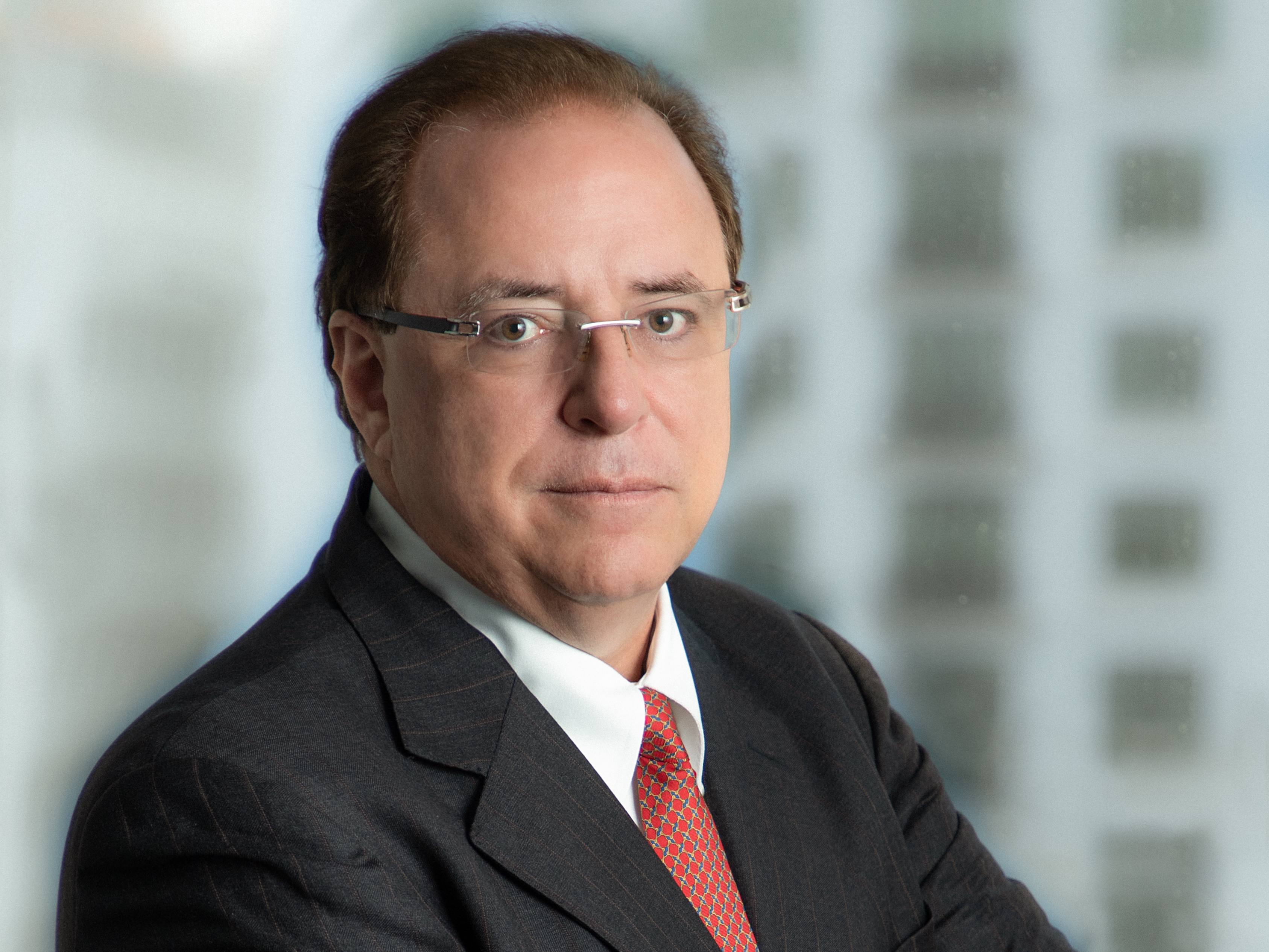



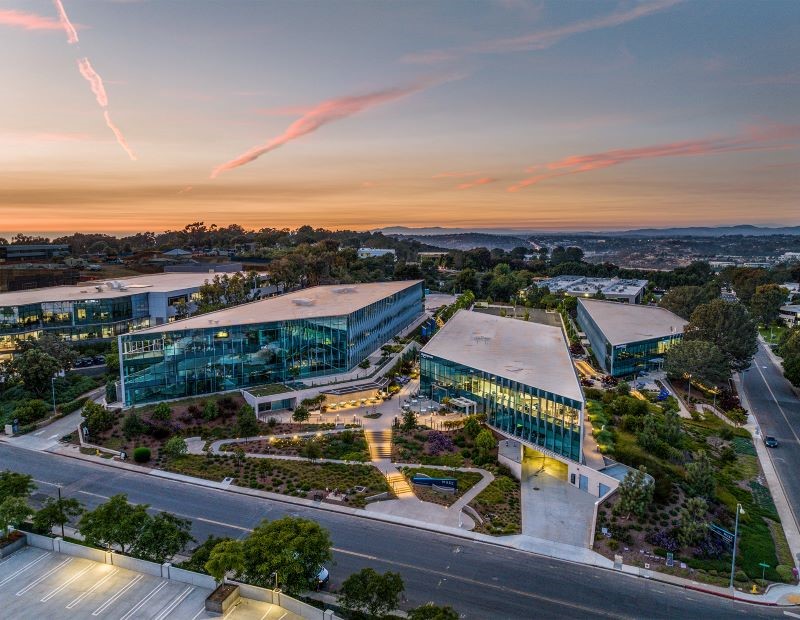
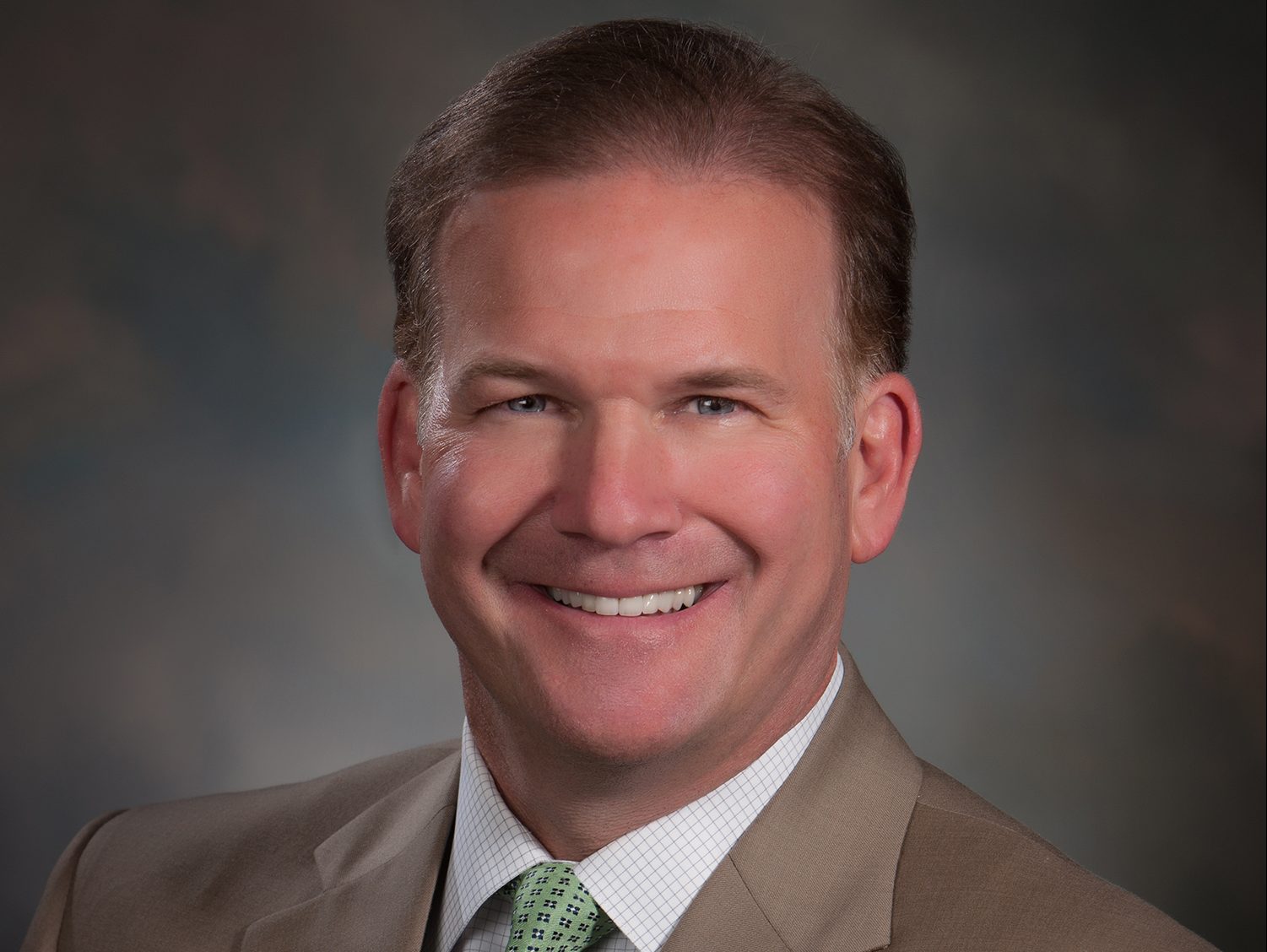
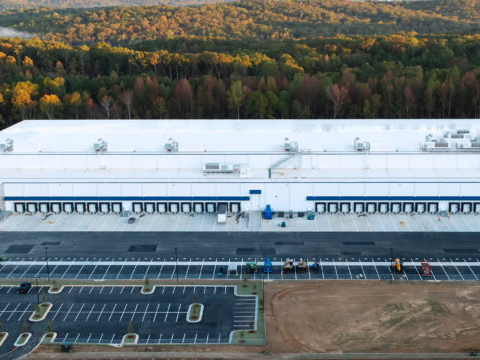
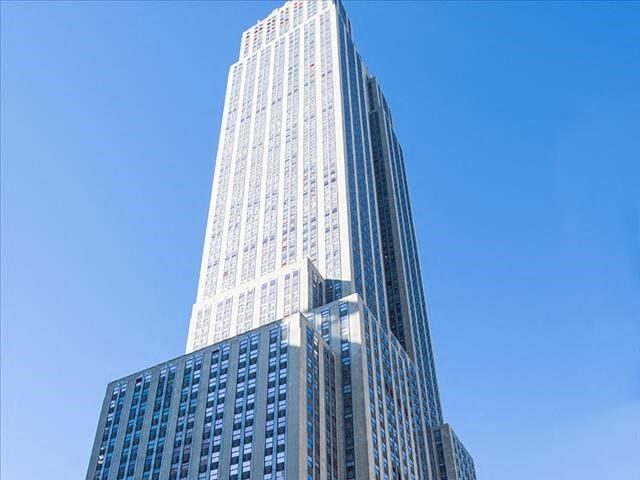
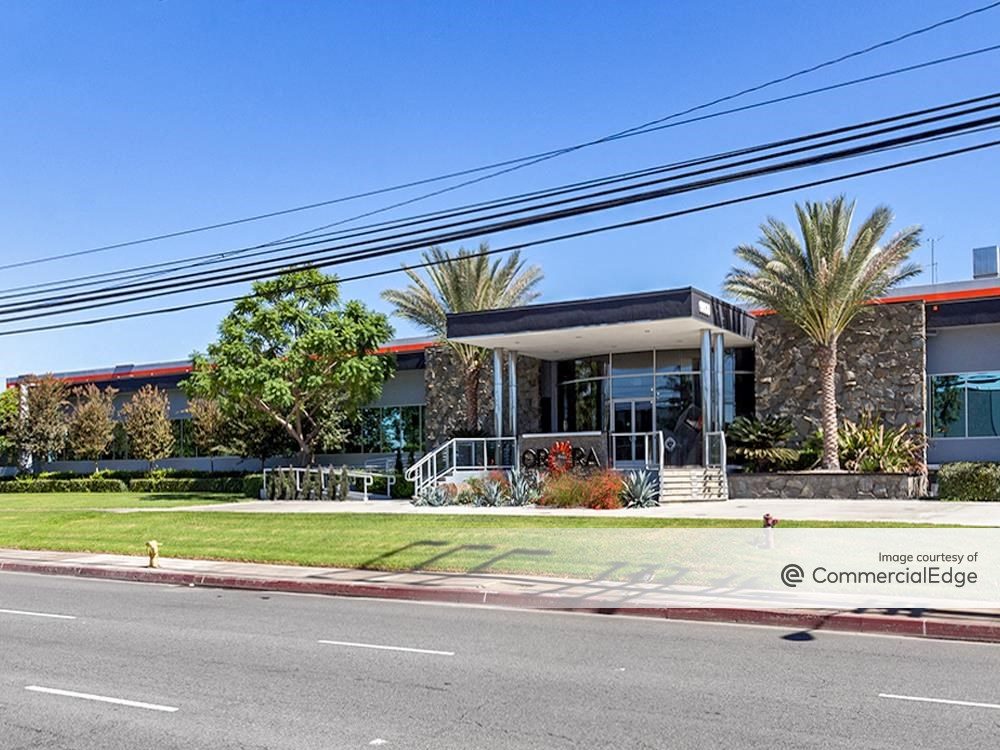
You must be logged in to post a comment.